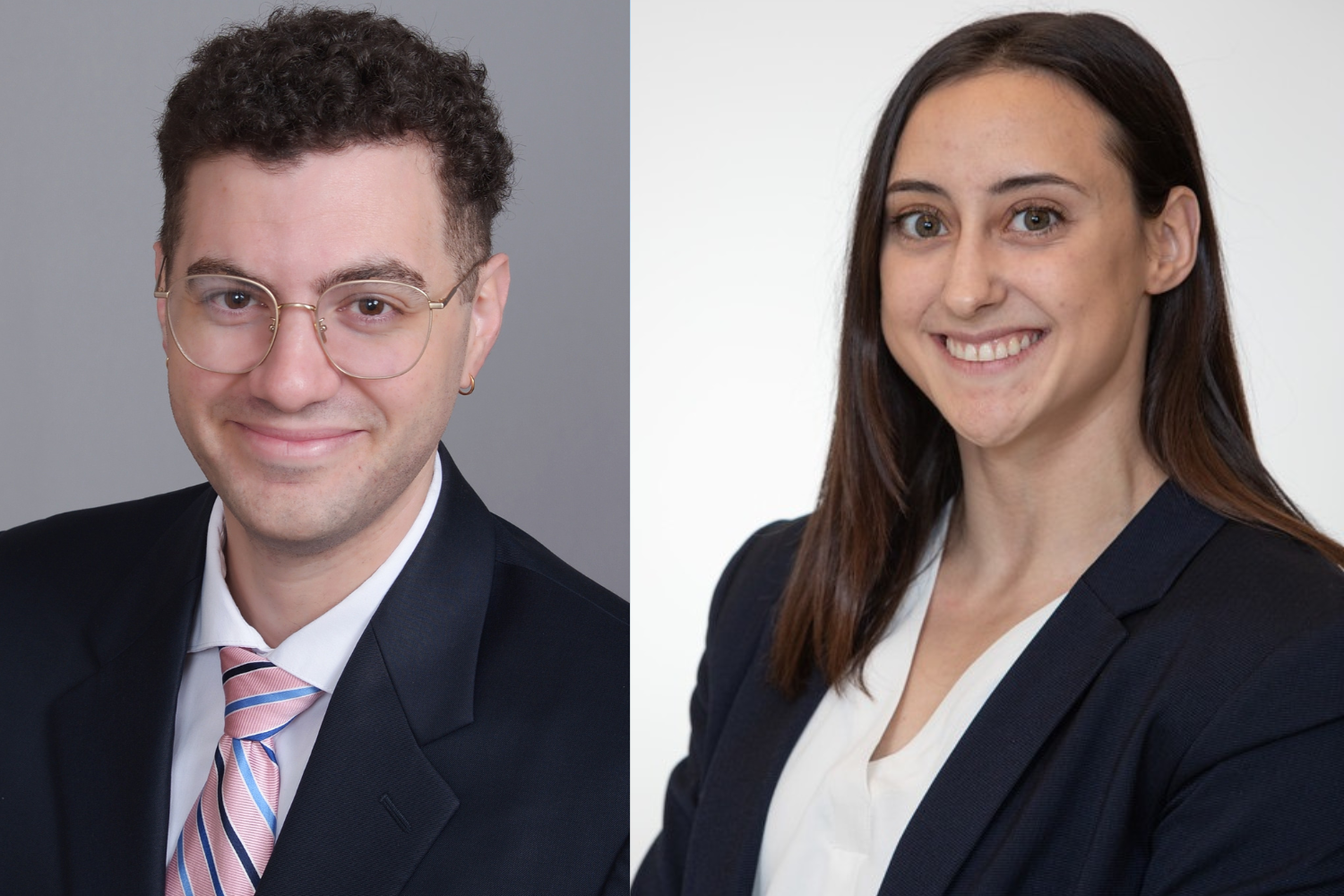Professor Richard Ashby Wilson has been named a Board of Trustees Distinguished Professor in recognition of his interdisciplinary research, teaching and public engagement in human rights and transitional justice.
He is a professor of law and anthropology, the Gladstein Distinguished Chair of Human Rights, and associate dean for faculty development and intellectual life at the School of Law. He was among five University of Connecticut faculty members recognized in a vote of the Board of Trustees on April 28, 2021, as a Board of Trustees Distinguished Professor.
Wilson has written or edited 11 books on international human rights, humanitarianism, truth and reconciliation commissions and international criminal tribunals. Cambridge University Press has published several books he has authored, including “The Politics of Truth and Reconciliation in South Africa” in 2001, “Writing History in International Criminal Trials” in 2005, and “Incitement on Trial: Prosecuting International Speech Crimes” in 2017. His work has been translated into Chinese, Danish, Italian, Portuguese, Serbian, Spanish and Turkish.
After earning his BSc. and Ph.D. from the London School of Economics and Political Science, Wilson held full-time faculty positions at the Universities of Essex and Sussex in the United Kingdom and visiting professorships at the Free University-Amsterdam, the University of Oslo, the New School for Social Research, and the University of Witwatersrand, South Africa. He has held prestigious fellowships from the Russell Sage Foundation, the National Endowment for the Humanities, and the Institute for Advanced Study.
Wilson joined UConn in 2003, founded the University’s interdisciplinary Human Rights Institute and served as its director for 10 years. He teaches courses on law and society, post-conflict justice, and an interdisciplinary graduate-level course on the anthropology, history, law and philosophy of human rights.
He has consulted for various international agencies, including Conciliation Resources in the United Kingdom and UNICEF in Sierra Leone. He also served as chair of the Connecticut State Advisory Committee of the U.S. Commission on Civil Rights from 2009 to 2013, during which time the committee focused attention on the achievement gap in Connecticut’s high schools and racial profiling in police traffic.
“The law school is thrilled that Professor Wilson has received this great honor recognizing his exceptional distinction in research, teaching, and service,” Dean Eboni S. Nelson said. “He is an internationally renowned scholar and thought leader in the field of human rights, and his many contributions to the law school, university, and beyond have helped to advance justice and positively impact the lives of others.”
Board of Trustees Distinguished Professors are chosen each year by a faculty committee from nominations collected by the Office of the Provost. Honorees retain the title of Board of Trustees Distinguished Professor throughout their careers at UConn and receive $2,500 one-year stipends to further their professional activities.
“I am profoundly grateful to have been selected for this honor at a university where there are so many excellent scholars,” Wilson said. “UConn is a wonderful environment for interdisciplinary scholarship on human rights and international justice and I thank my colleagues at the law school, the Human Rights Institute and department of Anthropology for providing such a stimulating environment in which to research and write.”
In addition to Wilson, the 2021 cohort of Board of Trustees Distinguished Professors includes Ming-Hui Chen, professor and department head of statistics in the College of Liberal Arts and Sciences; Marja M. Hurley, professor of medicine and orthopedics at the UConn Health School of Medicine; Leslie M. Loew, professor of cell biology at the UConn Health School of Medicine; and Radenka Maric, vice president for research, innovation and entrepreneurship, and Connecticut Clean Energy Fund Professor of Sustainable Energy in the Departments of Chemical and Biomolecular Engineering and Materials Science and Engineering.



